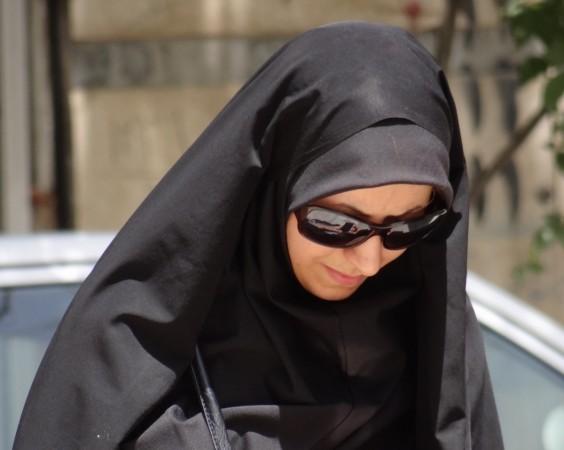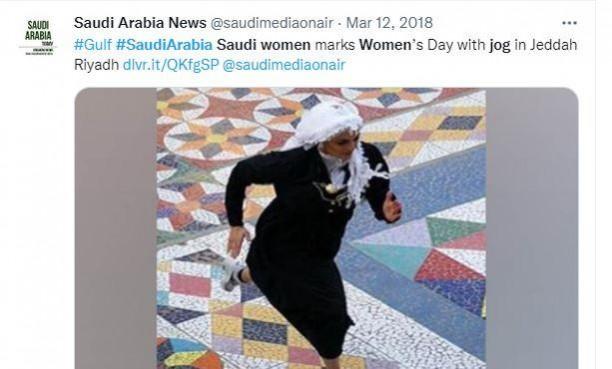We need reforms. More and more of them. Especially the ones that respect the individual choice and the right to decide for oneself. One of the most progressive recent statements comes from the young Prince Mohammad Bin Salman, who said that women in Saudi Arabia need not wear headcover or the black abaya as long as their attire is "decent and respectful."
The loose-fitting, all black, ankle-length robe has been symbolic of Islamic dress code for women since forever now. A subject of debate on women's right, abaya clad women have defined the cultural social landscape of Saudi Arabia.

This is not the first progressive step that the kingdom's reform-minded 32-year-old Crown Prince has taken. With his ascent to power, the country has seen an unprecedented recognition and expansion of women's rights. Some of them include the decision that women be allowed to drive cars from this summer and also attend mixed public sporting events.
The small steps but significant changes have been hailed by Saudi people as the dawn of a new modern era.
"The laws are very clear and stipulated in the law of sharia (Islamic law) that women wear decent, respectful clothing like men," said the Saudi Crown Prince in an interview with CBS television network, aired late Sunday. "This, however, does not particularly specify a black abaya or a black head cover. The decision is entirely left for women to decide what type of decent and respectful attire she chooses to wear," he added in the interview being hailed by the women's rights activists.
Reportedly, a senior cleric only last month, also took a similar liberal interpretation of the Islamic law when in terms of women's dress code.

Will it make a difference?
Whether what the Crown Prince said in a televised interview will actually translate to ground reality change on women's dress code is still unclear. It must be noted that Saudi Arabia has no written legal code based on texts making up Sharia, but the police, judiciary and other agencies have enforced a strict dress code with women requiring to wear abayas and sometimes, even cover their hair and faces.
However, the country has witnessed a surge in individual social freedom with the ascent of 32-year-old prince to power after many years of elderly rulers. From the conservative plain black abayas, the women had already started wearing colourful, embroidered and designer abayas. Social media reports show some bold women in some of the country in long skirts or even jeans.
A few years ago, on March 8, the International Women's Day, a group of women in Jeddah city celebrated the day by exercising their newly acquired freedom; the right to go for a jog, much to the shock of conservative onlookers still dotting the nation.

Hijab row in India
Many couldn't help but remark on the timing of the statement by Prince Mohammad Bin Salman. When India itself is mired in the nasty, political but nuanced debate over hijab row. The Hijab row, which shows no signs of abating anywhere in the near future, all began when six students of Udupi Government PU college said that they had been barred from attending classes for insisting on wearing hijab, the headscarf.
Thereon, the incident took political and communal turn and spread like wildfire, with right-wing groups clashing with girl students, prompting the government to close down colleges and institutions for a couple of days. While the matter is still sub-judice, meanwhile, girls in many parts of Karnataka have been suspended for wearing hijab and holding protests.

















